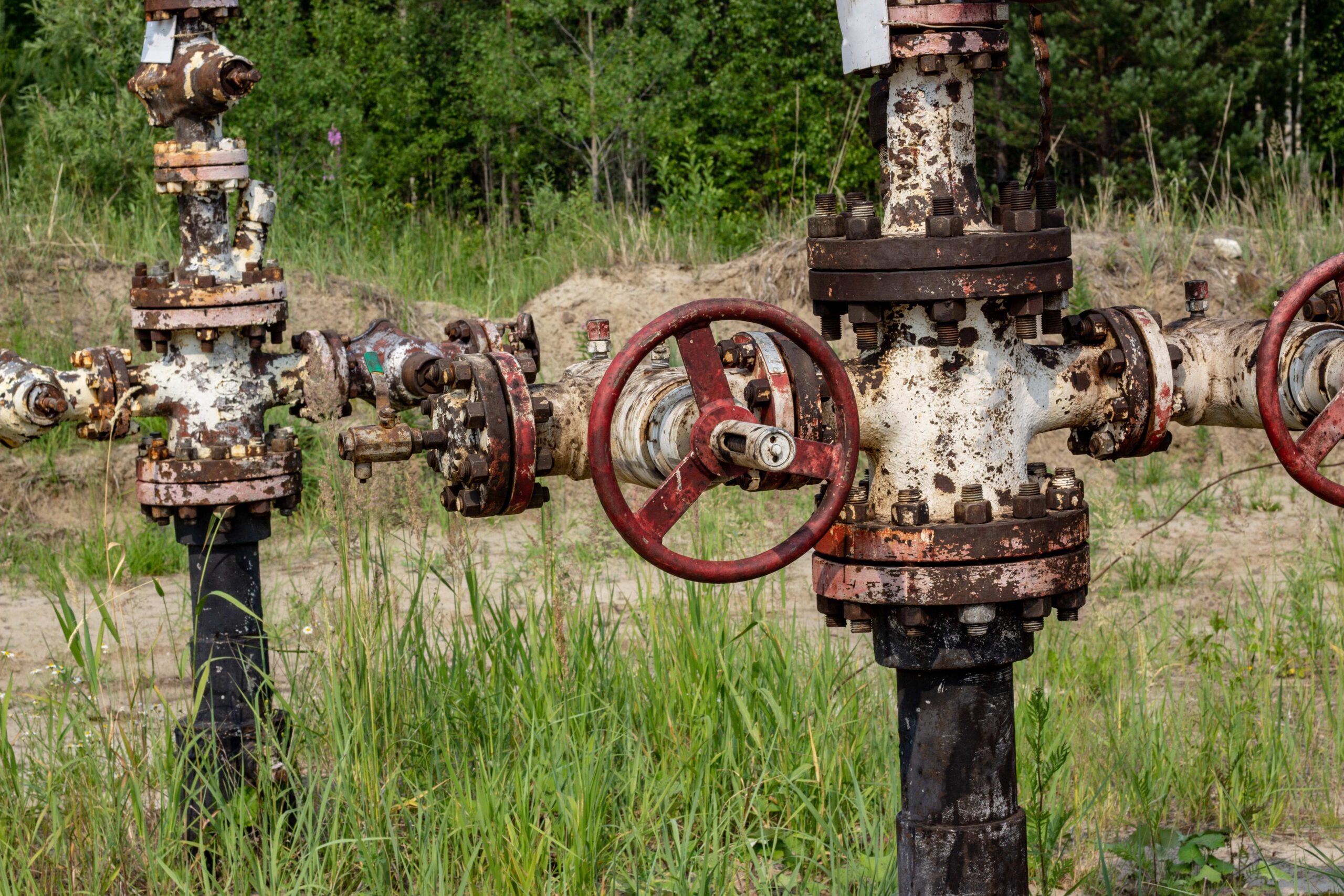This website uses cookies so that we can provide you with the best user experience possible. Cookie information is stored in your browser and performs functions such as recognising you when you return to our website and helping our team to understand which sections of the website you find most interesting and useful.
American Power Act Specifies Early Action Provisions

Washington D.C, May 13, 2010 – Comprehensive energy and climate change legislation took one step closer to reality with yesterday’s release of the American Power Act by Senators John Kerry (D-Mass.) and Joe Lieberman (I-Conn.). The legislation is designed to garner the sixty votes needed to pass the Senate by focusing on bipartisan issues such as job creation, energy independence, national security and U.S. global economic leadership.
The American Power Act includes provisions for up to two billion tons of domestic and international offsets to be used for compliance annually, as well as “Early Offset Supply” provisions intended to recognize early-action investments in offsets and create a plentiful supply of high-quality offsets in the early compliance years. Under Section 740, programs that meet specified criteria will be approved by the EPA Administrator.
Winrock International’s American Carbon Registry (ACR) meets all of the Qualified Early Offset Program criteria including, but not limited to:
- Registers offsets created under standards and methodologies developed through a public consultation or peer review process;
- Requires that offsets be measurable, additional, verifiable, enforceable and permanent;
- Requires that offsets be verified by an accredited third-party independent verification entity; and
- Registers all offsets on a publicly accessible registry, with individual serial numbers assigned for each ton of carbon dioxide equivalent emission reductions.
According to these criteria, offsets registered on ACR are a recognized early action pick. Entities expecting to be regulated when legislation takes effect can bank offsets from Qualified Early Offset Programs against their future compliance obligation, thus reducing their costs. Offset funds, developers and aggregators can be confident that projects registered on ACR will be in pre-compliance demand.
“Project developers are confident that ACR meets all of the legislative criteria in the American Power Act as a Qualified Early Offset Program,” states John Hodges, President of SunOne Solutions, a leading U.S. carbon offset project developer and aggregator. “There is belief in the market that Administrator approval of ACR for early action is very likely based on ACR’s rigorous offset standards, the environmental pedigree of its parent organization, Winrock International, and the substantive body of carbon methodological work for which Winrock has been known over the years.”
As the first U.S. voluntary carbon offset registry, established in 1997, ACR has demonstrated integrity, innovation and client service and has over a decade of operational experience in development of high quality carbon offset standards, offset issuance, serialization and transparent on-line reporting. ACR has issued over 30 million project based carbon offsets, and in 2008 was the most widely used voluntary carbon market registry in the world according to the 2009 Ecosystem Marketplace State of the Voluntary Carbon Market report.
“As a U.S. offset program with a long track record, American Carbon Registry has earned a well deserved imprimatur for lowest risk and highest quality,” said John Kadyszewski, Director of
ACR. “The integrity of our program is highlighted by the transparency of our process and the extensive experience of our team in working with the EPA, USDA and other relevant U.S. government agencies to develop carbon offset methodologies based on sound peer-reviewed science.”
ACR is unique among established U.S. offset programs in the depth and breadth of expertise within its parent organization in carbon science related to land use change and forestry, agriculture and sustainable biofuels. Winrock experts have developed land use change and forest carbon methodologies for the UNFCCC, CDM, World Bank, United Nations, US DOE, USAID, EPA and USDA, among others.
ACR is currently developing several new innovative and scalable offset methodologies for the U.S. forestry and agriculture sectors. This ACR priority aligns well with the legislation which highlights improvements in agricultural efficiency and terrestrial sequestration as well as land use change and forestry activities as eligible offset project types.
Other eligible project types highlighted in the American Power Act include nitrogen fertilizer management, for which ACR has a forthcoming methodology; Carbon Capture & Sequestration, a project type in which only ACR has protocols and registered volume; and projects reducing fugitive methane emissions from landfills, coal mines and oil and gas facilities. ACR recently approved the first U.S. methodology for fugitive methane emissions in the oil and natural gas sector. The methodology, developed by Verdeo Group and Devon Energy Corporation, was approved through the ACR’s scientific peer review process.
“Verdeo and Devon chose to work with ACR on the pneumatic conversion methodology because we valued the rigorous standards and environmental integrity offered by its scientific peer review process,” said John Savage, Managing Director of Verdeo Group. “ACR is the only U.S. offset program to utilize a peer review process which engages leading subject matter and technical experts in the process of evaluating a methodology. We found that ACR’s process strengthened the quality of the methodology and positions it for eligibility in a future federal compliance program.”
Christopher Berendt, Vice President and head of the Environmental Markets Practice at Pace Global Energy Services opines “ACR strikes the balance between environmental integrity and the evolving commercial flexibility needed to promote broad market participation. That balance will be key in providing a plentiful early supply of compliance-grade offsets for regulated entities and achieving the American Power Act’s targeted GHG reductions at reasonable cost to those companies and their customers.”




